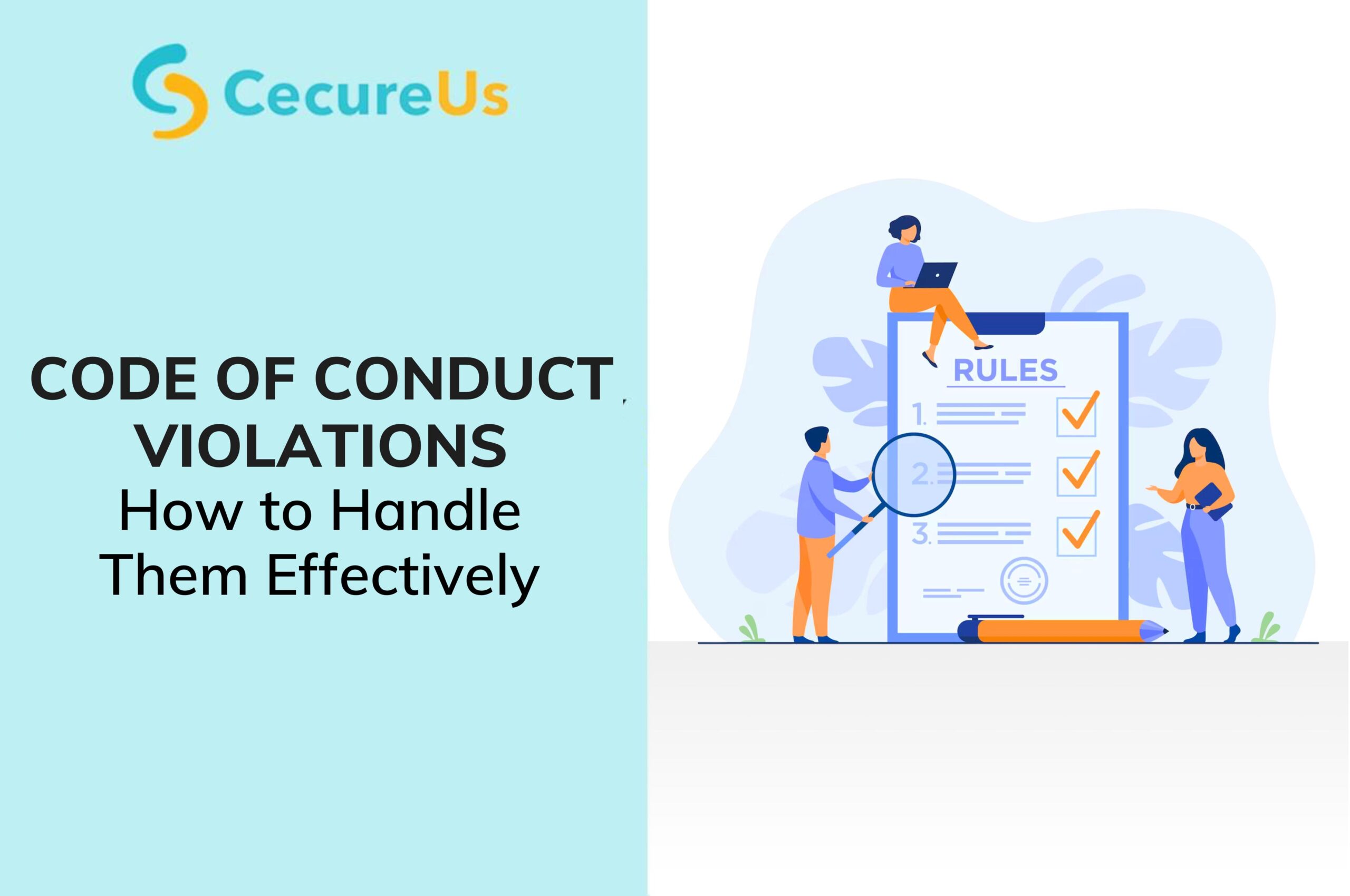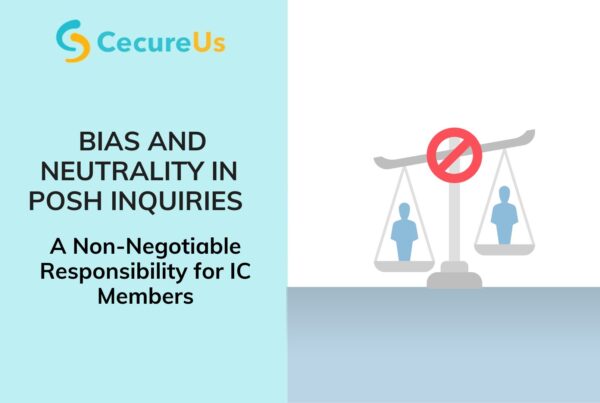
Dealing with Code of Conduct violations is a critical aspect of maintaining a safe, respectful, and productive workplace. When employees breach these guidelines, it can disrupt the workplace environment, impact morale, and potentially harm an organization’s reputation. Effectively handling these violations requires a clear, consistent approach that not only addresses the misconduct but also reinforces the importance of adhering to ethical standards. Let us explore the best practices for managing Code of Conduct violations, ensuring that organizations can navigate these challenges with integrity and fairness, while fostering a culture of accountability and respect.
Understanding Code of Conduct Violations
“A code of conduct violation occurs when an employee fails to adhere to the established rules and guidelines that define acceptable behavior within an organization. These violations can range from minor infractions, like inappropriate dress, to severe issues such as harassment or fraud.”
“It’s crucial for organizations to have a clear process for identifying and handling these violations to maintain a safe and ethical workplace.”
Steps to Handle Code of Conduct Violations
Here are the key steps to handle code of conduct violations effectively:
1. Identify the Violation: The first step is to recognize and document the violation. This involves gathering facts and evidence to understand the nature and severity of the issue.
2. Investigate Thoroughly: Conduct a fair and thorough investigation. This includes interviewing witnesses, reviewing relevant documents, and ensuring confidentiality to protect all parties involved.
3. Assess the Impact: Determine the impact of the violation on the individual, the team, and the organization. Consider factors like legal implications, reputation, and workplace morale.
4. Take Appropriate Action: Based on the investigation’s findings, decide on the appropriate disciplinary action. This could range from a verbal warning to suspension or termination, depending on the severity of the violation.
5. Communicate the Outcome: Inform the involved parties of the investigation’s results and the actions taken. Ensure transparency while maintaining confidentiality where necessary.
Preventing Future Violations
To prevent future violations, organizations should take proactive measures:
1.Regular Training: Provide ongoing training on the code of conduct, emphasizing its importance and the consequences of violations.
2.Clear Reporting Channels: Establish clear and accessible channels for employees to report violations without fear of retaliation
3.Reinforce a Positive Culture: Promote a culture of integrity and respect, where employees feel valued and encouraged to uphold ethical standards.
Legal Considerations in India
In India, organizations must comply with laws such as the Prevention of Sexual Harassment (PoSH) Act and the Companies Act when handling code of conduct violations. Adhering to these legal requirements is crucial for protecting the organization and its employees.
Conclusion: Emphasizing Effective Management
Addressing Code of Conduct violations swiftly and effectively is essential for upholding the integrity and values of any organization. By implementing clear procedures, providing ongoing training, and fostering open communication, companies can manage these incidents in a way that reinforces their commitment to a respectful and ethical workplace.
Please reach out to us for any queries on Understanding Code of Conduct Violations.
For more blogs and articles, visit our official website. Contact us for workshops and queries related to POSH, EAP (Employee Assistance Program) , Diversity and Inclusion and Code Of Conduct.




